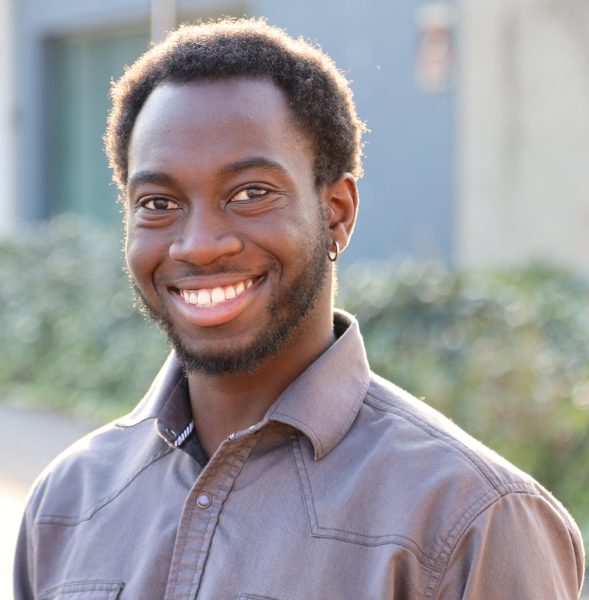Often, when I talk to people about what they are studying and why, I get something like this: “I’m studying X to get a job in Y so that I can make money.” I want us to ask ourselves, is that all there is to a higher education, making money? Don’t get me wrong, this pragmatism is important because, at the end of the day, we need food in our stomachs, clothes on our backs and shelter over our heads. Money buys us all of these things. But I think we might be acting a bit shortsighted if our emphasis stays largely on money. This mindset seemingly treats college as primarily a job training camp.
What I want us to examine then is what happens after we’ve gotten our job, our money and maybe even our meaning. What then? I think if we simply view college as “job training,” the answer to this will be unfulfilling.
St. Joe’s seeks to answer the question of “what then?” using its Jesuit foundation. The university wants to prepare its students for “personal excellence, professional success and engaged citizenship.” It wants its students to use their education to serve the world and its people.
In addition to the university’s Jesuit principles, St. Joe’s also rests upon the foundation of a liberal arts education. Liberal arts institutions look to build multidimensional students. They want their learners to be holistically prepared for life and their careers. They don’t want their learners specializing too early. In thinking about our education as merely “job training,” we are, in short, specializing too early.
Job training is important because we need money. But work and money are not all life has to offer. Sometimes it can seem this way because the free market aspects of our society incentivize high individual
income production. Colleges and universities understand young people view schooling as a long-term job investment and thus market with that in mind.
For example, Swarthmore College, a leading liberal arts institution located in Swarthmore, right outside of Philly, has the following question on its website: “What do liberal arts graduates do after college?” Its answer to this question is grounded in necessary reality. Swarthmore says their students “… get jobs. They go to graduate school. They lead their fields and change the world.”
So yes, a large part of your education at a university or college is meant to prepare you for a job. But I’d argue that it shouldn’t be the primary reason. Beyond getting a job and a plump salary, your education should make you a more enriched person. It should make you more informed, foster your curiosity and make you more engaged in the world.
But all of this starts with you. It starts with you examining what the purpose of your education is. This doesn’t mean throwing away pragmatism though. I simply want us to think about the purpose of our education more deeply. Don’t think about it just as “job training.” It can, and should be, so much more. But that all depends on your purpose. Think about it.









































